The Benefits of Pre-Employment Screenings Through Polygraphs for Businesses
Hiring the right employees is one of the most important decisions any business can make. While traditional background checks and interviews provide essential information, more companies are turning to polygraph screenings as an additional layer of security. Pre-employment polygraph tests, though often controversial, offer a unique advantage in ensuring the integrity and trustworthiness of potential employees. In this blog, we’ll explore the key benefits of incorporating polygraph screenings into your hiring proces

1. Increased Confidence in Employee Integrity
One of the primary benefits of polygraph tests is their ability to help businesses assess the honesty and integrity of job candidates. Unlike traditional interviews or background checks, polygraphs can detect deceptive behavior, which helps businesses identify candidates who may be less than truthful. This is particularly beneficial for roles that require a high level of trust, such as positions handling sensitive information, finances, or security.
2. Reduces the Risk of Hiring Fraudulent Employees
Employee fraud is a serious concern for many businesses. According to the Association of Certified Fraud Examiners (ACFE), businesses lose billions of dollars each year to employee fraud. Polygraph screenings can serve as an effective tool for preventing fraud by revealing any potential history of dishonest behavior. A polygraph test can help uncover important information about a candidate’s past actions that might not appear in background checks, such as involvement in theft, embezzlement, or other fraudulent activities.
3. Enhances Workplace Safety
For industries where safety is a top priority—such as law enforcement, healthcare, transportation, or manufacturing—pre-employment polygraph tests can play a critical role in ensuring that new hires are trustworthy and reliable. By screening for deception or concealed information, businesses can reduce the chances of hiring employees who may pose a risk to workplace safety or violate important safety regulations.
4. Improved Employee Performance and Reliability
When employees know that their background, behaviors, and truthfulness are being scrutinized, they are more likely to act responsibly and adhere to company policies. Polygraph screenings serve as a deterrent for dishonesty or misconduct. When combined with other screening methods, polygraphs create a more comprehensive picture of a candidate's character, helping employers select individuals who are more likely to perform reliably and maintain high standards of professionalism.
5. Protects Company Reputation
For businesses in sectors like finance, government, or technology—where trust and confidentiality are crucial—maintaining a positive reputation is essential. Hiring an individual who later turns out to have a history of dishonesty, criminal behavior, or other unethical actions can tarnish a company’s reputation and lead to costly legal issues. Polygraph tests provide an additional safeguard to ensure that new hires meet the company’s ethical standards, helping to protect both the business and its reputation in the long run.
6. Cost-Effective Security Measure
While polygraph testing may seem like an added expense, it can actually save businesses money in the long run. The cost of hiring the wrong candidate, dealing with employee theft, or managing the fallout from hiring an untrustworthy individual far outweighs the investment in a polygraph test. When used as part of a comprehensive hiring strategy, polygraph screenings can act as a preventative measure that reduces the likelihood of costly mistakes down the line.
7. Helps with High-Risk Positions
Certain industries and positions—such as those involving sensitive data, financial transactions, or security clearance—carry higher risks. In these cases, ensuring that candidates are fully transparent is critical. Polygraphs can uncover hidden issues that may not surface through other methods, providing added peace of mind that a candidate can be trusted with sensitive responsibilities.
8. Increases Employee Trust
When employees see that their employer is taking measures to ensure a trustworthy and ethical workplace, it can enhance overall morale and a sense of security. Polygraph screenings signal to the team that the company is serious about maintaining a high standard of honesty and integrity, which can improve employee relationships and strengthen the overall workplace culture.
How to Implement Polygraph Screenings in Your Hiring Process
If you’re considering incorporating polygraph tests into your hiring process, it’s important to follow legal and ethical guidelines. In many regions, polygraph testing is regulated, so it's crucial to ensure that you comply with local laws. Here are a few tips:
- Consult with Experts: Work with certified polygraph examiners who are trained to conduct accurate and fair tests.
- Be Transparent: Inform candidates in advance that a polygraph test may be part of the hiring process, and ensure they understand what the test involves.
- Use Polygraphs as a Supplement, Not a Standalone Tool: Polygraphs should be used alongside other screening methods, such as background checks, interviews, and reference checks, to build a complete profile of the candidate.
- Respect Privacy: Ensure that the polygraph test is focused on job-related issues and respects the privacy rights of applicants.
Conclusion
Pre-employment polygraph screenings offer businesses an effective tool for enhancing security, reducing fraud, and ensuring the integrity of new hires. While not suitable for all industries or positions, polygraphs can provide an extra layer of protection in high-risk roles or sectors where trust is paramount. By implementing polygraph testing as part of a comprehensive hiring process, businesses can make more informed decisions, protect their reputation, and create a safer, more reliable work environment.
